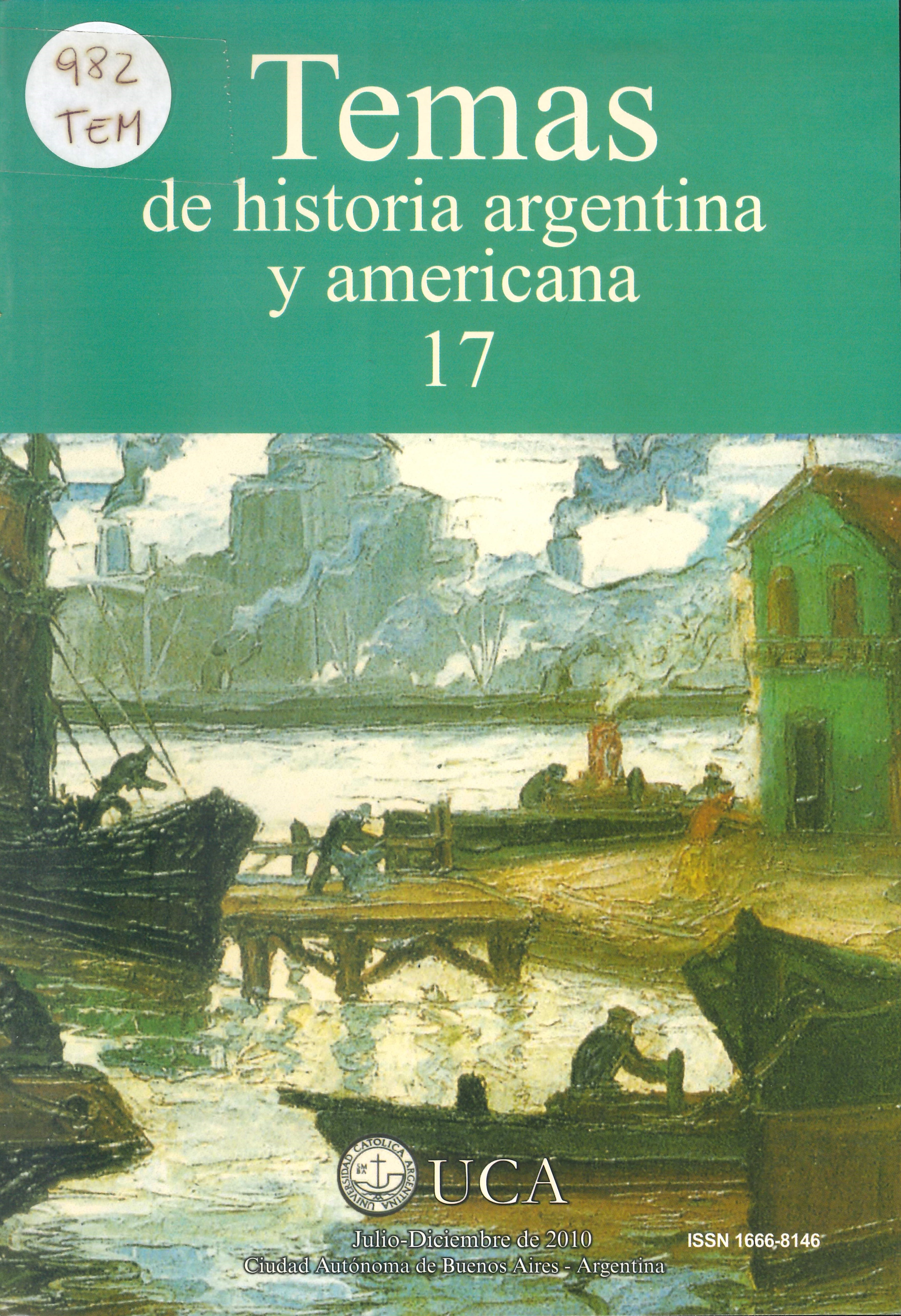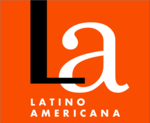En las raíces ideológicas de Montoneros: John William Cooke lee a Gramsci en Cuba
Keywords:
Peronism, Marxism, Guerrillas, Focoism, GramsciAbstract
From 1945 onward, the Argentine Left could not solve the riddle posed by the fact that the working class was Peronist. Several theoretical attempts had failed by the time John William Cooke made his in the mid-1960s. Influenced by Gramsci, he found that the working class is not an abstract category but the outcome of a historical experience. So, for him, as the historical experience of the Argentine working class, Peronism as such was revolutionary. In his theory, Perón came to be a symbol of Peronist identity, but not a political actor. Because of that, Cooke’s theory was instrumental for Leftist guerrillas to declare themselves Peronist regardless Perón’s political views and intentions. The shortcomings of his theory came into light when Perón came back to Argentina from his long exile and was elected to a third presidential term.
Downloads
Downloads
Published
How to Cite
Issue
Section
License
Copyright (c) 2010 Samuel Amaral

This work is licensed under a Creative Commons Attribution-NonCommercial-ShareAlike 4.0 International License.

























